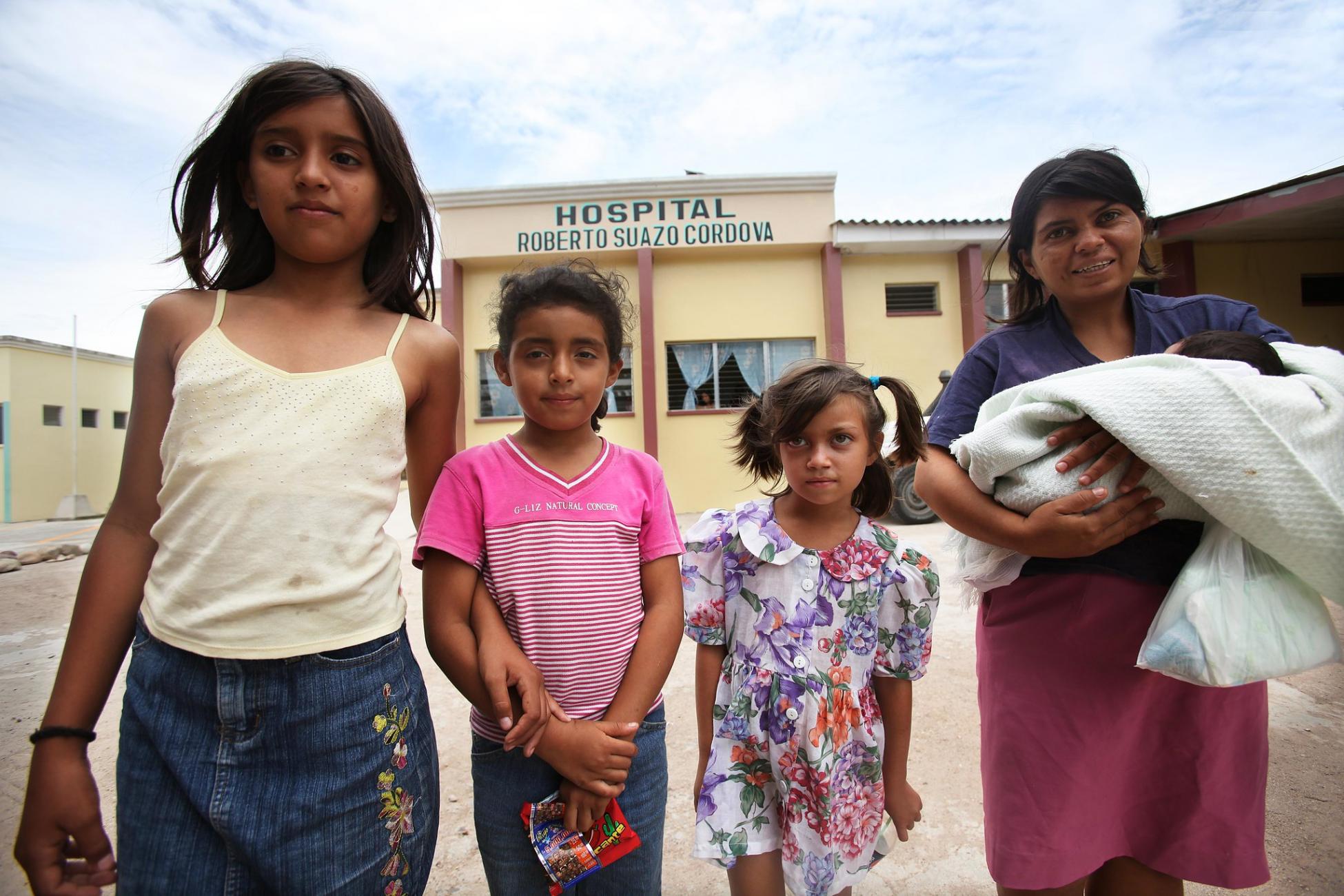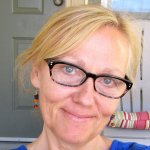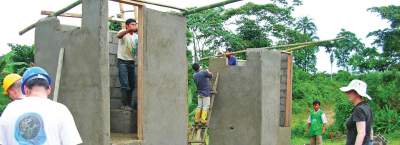We land in Tegucigalpa in January, a group of pasty-skinned Montanans, one transplanted Costa Rican and an equally pale Alaskan. We are two doctors, three physician assistants, a lone nurse (me) and four translators.
At the airport in Tegucigalpa, there is a mad scramble to retrieve our 22 crates of medical supplies and whisk them through customs. We change our US dollars for the local currency, hustle out to three white trucks with red logos, and head out into the 29-degree heat.
Our packs and crates of supplies are quickly loaded before we head up into the highlands. I’m immediately struck by the crumpled paper geology of Honduras: mountains upon mountains as far as I can see. The bones of this landscape are clearly visible.
I’m volunteering with a small non-profit, Missoula Medical Aide, in conjunction with Save the Children. We’ll be working in the southern state of Choluteca, travelling daily to small, remote villages, providing basic rural healthcare to patients who would otherwise have to walk many kilometres to receive it. While healthcare centres do exist, they tend to focus on child nutrition and lack expertise or the resources to provide further medical care.
Honduras is a poor country. Fifty percent of residents earn less than $800 USD per month. And the infant mortality rate is high, at 17.2 deaths per 1,000 live births—more than three times that in the US. But, in talking to some healthcare volunteers who have been coming here for many years, things have actually improved. Certainly, wages are rising. Still, in some rural areas, things as simple as soap and toilet paper, not to mention basic health care, can be hard to come by. So can clean water.
Things as simple as soap and toilet paper, not to mention basic health care, can be hard to come by. So can clean water.
Access to ample, clean drinking water is essential in helping the body to excrete toxins efficiently, as well as in preventing urinary tract infections—and no one drinks enough water in this tropical heat.
As a nurse, I test a lot of urine. “Mal orina” (bad urine) is everybody’s complaint and urinary tract infections are common. Southern Honduras also has a high incidence of chronic renal failure, particularly among young men sugar-cane workers.
Despite the scarcity of clean water, even after walking long distances to reach our clinics, everyone appears to be clean and well-dressed—the men wearing pressed shirts and khaki pants, the women wearing traditional frilly aprons out of which they’ll pull occasional cell phones. How do they do it? We can't seem to keep the ubiquitous dust out of every crease and crevice.
Home for the first week is an abandoned health clinic, yellow stucco with a wide shady veranda—and a well out back from which to draw buckets of water for showers, and to wash our dusty clothes. Oneida, the tender-hearted neighbour who lives next door, likes to put an arm around our waists and use her other hand to affectionately squeeze a handful of belly fat. She grins cheerfully, as if it’s a good thing—a mark of womanhood—and not a reason to go the gym when we get back home.
Every day, we mobilize our small army and get the job done. Working alongside young Honduran healthcare practitioners—who provide voluntary service hours as part of their medical training—and in conjunction with Save the Children, we treat an average of 200 people in each clinic. We provide medications to treat common medical problems, including diabetes, hypertension, parasitic infections, urinary tract infections, and asthma. In children, along with parasitos (parasites), we see iron deficiency anemia and occasional failure to thrive in infants. In rural Honduras, lack of economic resources and drought can lead to poor nutrition, a potential problem that can lead to stunted growth in children. That’s why something as simple as ready access to vitamins and anti-parasite medication can make a big difference.
We also offer every family a small supply of Tylenol and ibuprofen, and we hand out donated samples of soap, shampoo, and lotion. Dry, cracked skin is common, and most everyone has red, irritated eyes. Inexpensive eyeglasses allow older adults to read again, and sunglasses are very popular with patients of all ages. Any serious cases of illness detected—including cancers, mental health crises, and cataracts—are referred to Save the Children, and arrangements are made to transport the person for follow-up appointments.
We do what we can do for now, with the limited time and resources we have. In addition, we give every school or health centre two additional gifts: a copy of the book Where There Is No Doctor (in Spanish: Donde No Hay Doctor). It’s full of helpful advice on everything from nutrition to childbirth to emergency medicine—and required reading for anyone coming on this medical mission trip.
We also leave them a soccer ball—because this is Latin America. Every village needs one, and they're not so easy to replace if one rolls down the mountain.
How to volunteer
Missoula Medical Aid (MMA) has been organizing several trips each year, ever since Hurricane Mitch devastated much of Honduras in 1998. In addition to its rural health trips, MMA also sends teams of orthopaedic surgeons to Honduras approximately twice yearly, and it partners with Save the Children to fund an early childhood nutrition program that provides healthy daily meals to young children, and pregnant and nursing mothers.
When volunteering for small non-profits like MMA, it’s common for team members to make cash contributions that cover their own travel, food, and housing expenses, and to work in often challenging conditions. This is the best way to put every bit of the money that comes in the form of donations to use in the field. Volunteer expenses can range from $800-$1200 USD, which may or may not include airfare.
Other organizations include Honduras Child Alliance, which provides short-term volunteer opportunities working with children: NPH (Nuestros Pequeños Hermanos) USA helps screen, place, and support volunteers who wish to serve, working with at-risk children, from a year or more: . Meanwhile, A Broader View (ABV) programs located in Honduras offer medical professionals and others a chance to use their skills to benefit local communities.
Add this article to your reading list




